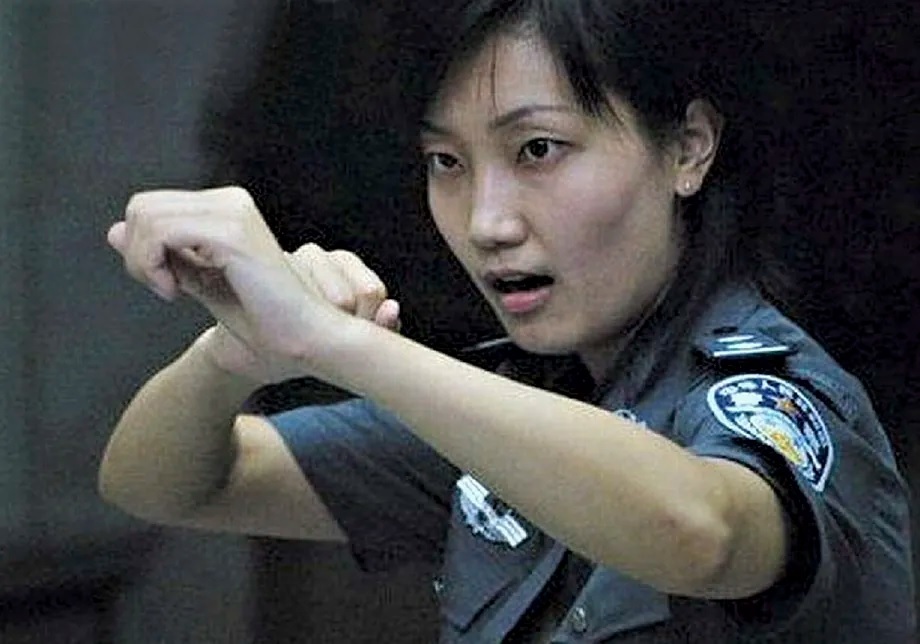Bian Mei rose to fame when she threw a photographer into the air who had gotten too close to the Italian first lady. It was September 1991, and in Beijing, Giulio Andreotti, the then Prime Minister of Italy, was on an official visit accompanied by his wife, Livia Danese. Bian was in charge of protecting the woman and had become the first elite female bodyguard in China, with experience escorting several foreign leaders.
"When an excited photographer got too close to the Italian first lady, Bian Mei stepped forward and pushed him with such force that the photographer flew several meters backward. Thus began the legend of China's strongest bodyguard," read an exaggerated article published by the People's Daily, the official newspaper of the ruling Communist Party. That same year, Bian made headlines again by catching a falling Thai princess during a camel ride in northern China.
State media once again focused on Bian a couple of years later: she was a finalist in Miss Beijing. The bodyguard, then 28 years old, was a promising beauty queen in the capital. "The woman who always carries a four-kilogram bulletproof vest lined with steel, and who has protected heads of state from 13 countries, also dazzles on the catwalks as a model," another press release pointed out.
Bian came from a family of police officers in Beijing. Her father had been a bodyguard for important politicians during the tumultuous years of Mao Zedong's Cultural Revolution. She trained at the People's Public Security University, the cradle of the police elite and high-ranking officials of what is equivalent to the toughest wing of an Interior Ministry.
In an interview, Bian mentioned that she learned boxing and judo and became an expert shooter. She studied Criminal Psychology and Law. After graduating, she was a pioneer in being accepted into the security team for foreign delegations visiting China. No woman had achieved this before.
Bian decided to retire in the late 1990s. She was still very young, not even in her thirties. But she said her body and mind could no longer withstand the extreme physical and psychological demands of being an elite bodyguard. In Beijing, she opened a security consultancy and currently, at 56 years old, she runs a real estate agency. She also regularly gives talks at academies that have thrived in the last two decades to train bodyguards who protect the many new billionaires emerging in the world's second-largest economy.
During Bian's active years, only the political class could afford this type of personal protection paid for with public funds. But with the economic boom, many police officers, ex-soldiers, and mercenaries have transitioned to an industry where they are paid on average four times the average salary in China. Many women have also found their place in protecting a growing population of powerful businesswomen who prefer to surround themselves with bodyguards like Bian Mei: elegant, strong, and with a more discreet presence.
